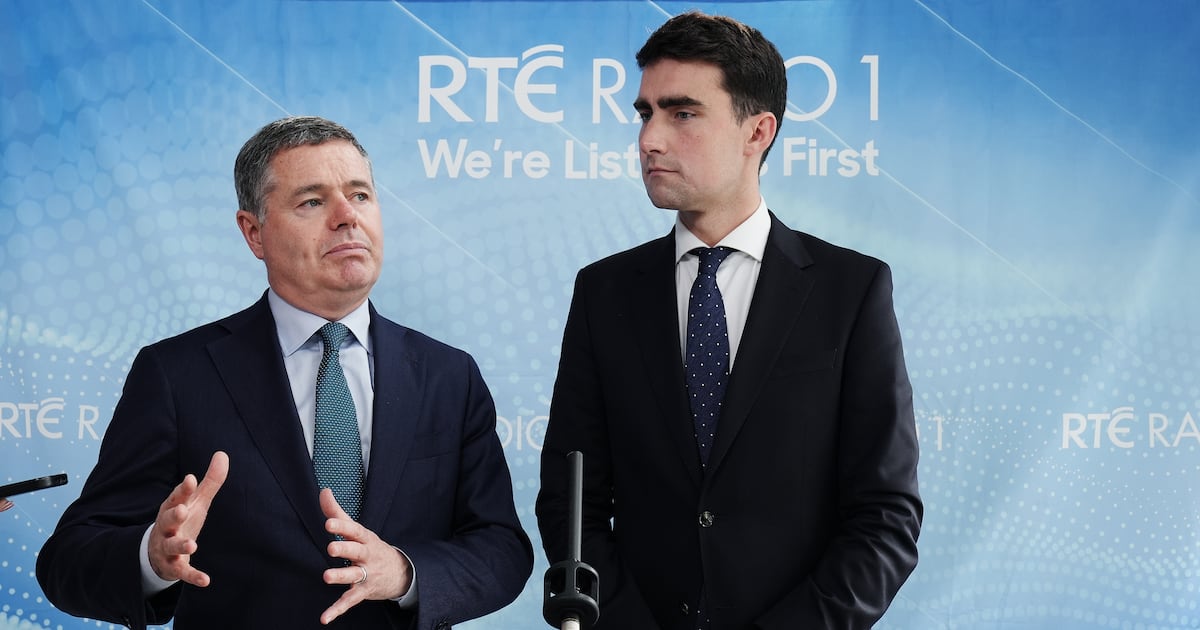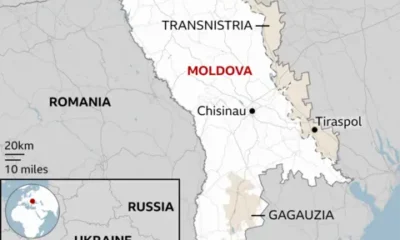Opinion
The Irish Times view on the budget: warnings are growing louder

Read more on post.
The autumn economic commentary from the Economic and Social Research Institute has a well-established place in the choreography of the annual budget drama. The State-funded think tank, along with the Fiscal Advisory Council and Central Bank – which also publish reviews in the run up to the budget – surveys the economic landscape and almost inevitably counsels restraint on the part of the budget ministers.
The ministers duly note the expert bodies’ observations and almost always proceed to do what is politically expedient, noting, sotto voce, that the ESRI and its peers don’t have to get re-elected.
The ESRI is more cautious than ever this year. And with good reason. The economic and fiscal outlook for the State has rarely been more uncertain. It predicts that economic growth next year will fall to 2 per cent having been artificially boosted to 8 per cent as companies based here frontloaded exports to the US to avoid tariffs imposed by the Trump administration. There are also ominous signs the labour market may be weakening.
The ESRI noted that the US-EU trade deal in July had reduced uncertainly on trade activity, although risks remain. The ink was barely dry on its quarterly assessment when the US president announced on Friday that he plans to levy a 100 per cent import tax on pharmaceuticals from the start of next month unless companies are building manufacturing plants in America.
Like many of Donald Trump’s policy announcements, its bark may end up being bigger than its bite. Nonetheless it highlights the volatile background to this year’s budget. The vulnerability of the Irish economy to corporation tax receipts generated by US pharmaceuticals, as laid out in detail by the ESRI, is there for Minister for Finance Paschal Donohoe and Minister for Public Expenditure Jack Chambers to read.
The two men would be advised to heed the ESRI’s warning that the days of balancing the budget with windfall corporation tax receipts should come to an end. Putting the genie back in the bottle will be difficult and require several budgets, says the ESRI. But failing to do so invites disaster.
The institute points to what happened when building-related taxes collapsed in 2007 and 2008 precipitating an economic crisis that pushed the State into insolvency. The consequence was years of austerity.
Despite this timely and prophetic warning from the ESRI and others, all the signs are that the Government will press ahead with a significant increase in expenditure on October 7th, with almost ¤10 billion in tax cuts and fresh spending. It may be too late to change course but the Government must signal a change is underway.













